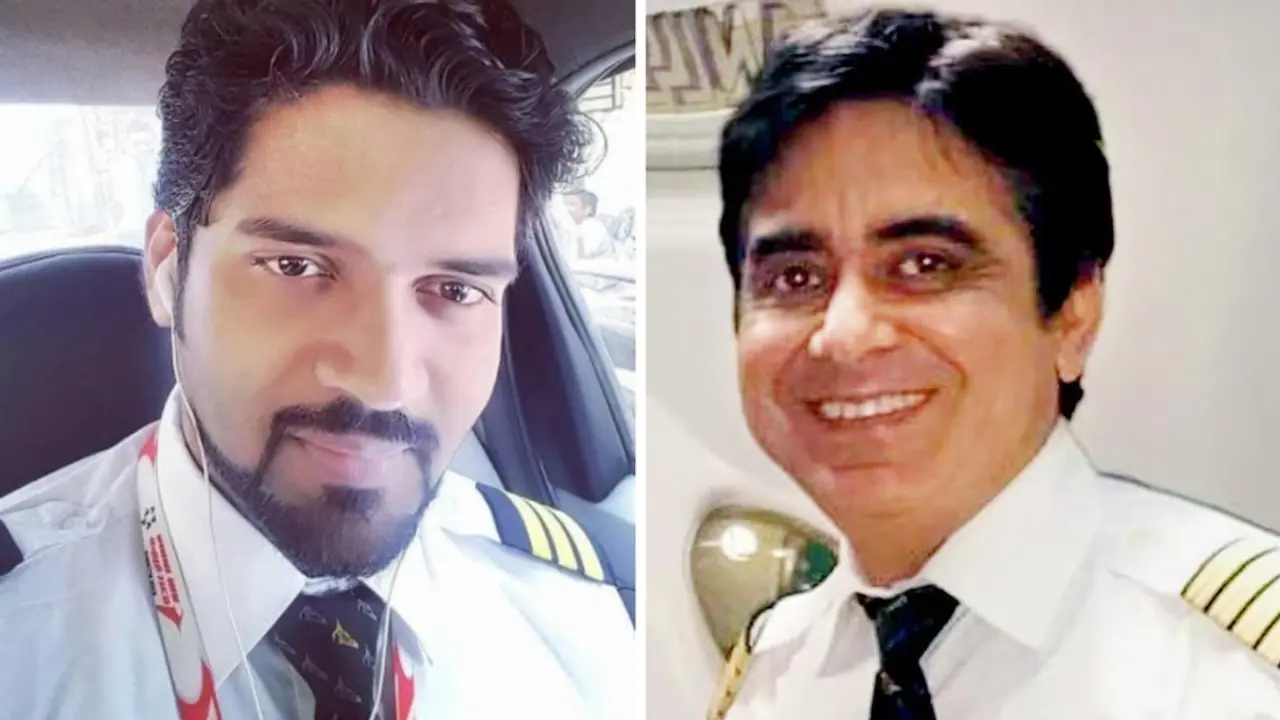The Federation of Indian Pilots slammed a Wall Street Journal report blaming pilot error for the June Ahmedabad plane crash, insisting there’s no proof pilots shut off fuel. They demand pilot experts on the investigation panel.
The Federation of Indian Pilots (FIP) President Captain CS Randhawa condemned a media report alleging that the captain of the Air India AI171 flight that crashed in Ahmedabad had deliberately cut off fuel to the engines. Randhawa called the Wall Street Journal’s (WSJ) claims 'baseless' and said that the Aircraft Accident Investigation Bureau's (AAIB) preliminary report makes no such mention.

"Nowhere in the report has it been mentioned that the fuel control switch was turned off due to the pilot's mistake," said Randhawa. He emphasized that any interpretation of pilot error was incorrect and damaging, and confirmed that the FIP would pursue legal action against the publication.
FIP calls for restraint in interpreting the preliminary report
Randhawa urged the media and public to avoid speculation based on the AAIB’s preliminary findings. “People are giving opinions without any basis, and this can create fear among passengers,” he said.
He further added, “Neither the report nor the Civil Aviation Minister has stated it was pilot error. The case resembles a 2019 ANA NH985 incident, where both engines shut down during landing due to a TCMA (Throttle Control Malfunction Accommodation) fault.”
He also criticized Boeing for not investigating TCMA-related concerns or issuing any directives regarding the safety check of affected aircraft systems.
Call for investigation board restructuring
The FIP President demanded that the current investigation board be reconstituted to include type-rated pilots, engineers, and air safety experts. He emphasized that no pilots are part of the current committee, which undermines the technical accuracy and transparency of the inquiry.
Randhawa also stressed, “Indian pilots are among the best in the world,” and criticized foreign media for misrepresenting facts. “I did not respond to WSJ’s request for comment because they are misrepresenting information from the report.”
FIP objects to exclusion from investigation process
In a statement issued earlier, the FIP expressed serious concern over the way the crash report was being interpreted. They said:
“At the outset, we would like to register our dissatisfaction with the exclusion of pilot representatives from the investigation process. We also firmly object to the way in which the preliminary report has been interpreted and presented publicly.”
This came after Reuters cited a WSJ report, claiming cockpit voice recordings suggested the captain turned off the fuel switches during the climb phase, which reportedly led to the crash.
Aviation expert Sanjay Lazar demands transparency
Aviation expert Sanjay Lazar raised concerns over the leak of investigation details in the US. He questioned why India’s AAIB did not release the full Cockpit Voice Recorder (CVR) transcript, despite WSJ apparently having access to more information than the Indian public or authorities.
“The AAIB’s report only includes a single denial from the pilot,” Lazar told ANI. “This is insufficient for any real conclusion. We need transparency, and the leaks in the US are worrying.”
Lazar called for a judicial probe led by a sitting High Court judge, stating, “We must appeal to the Prime Minister for full transparency and accountability.”
Crash details and preliminary findings
Flight AI171, operated by a Boeing 787-8 Dreamliner, crashed shortly after takeoff from Ahmedabad on June 12, killing 260 people, including 229 passengers, 12 crew, and 19 people on the ground.
According to Reuters and WSJ, the CVR recording allegedly features the first officer questioning the captain on why he moved the fuel control switches to “cutoff” just after takeoff. The first officer reportedly panicked, while the captain remained calm.
The two pilots were identified as Captain Sumeet Sabharwal (15,638 flying hours) and First Officer Clive Kunder (3,403 hours).
Ongoing probe and Boeing's silence
Neither India’s Directorate General of Civil Aviation (DGCA), Boeing, nor Air India have responded publicly to the WSJ report.
Meanwhile, Air India confirmed that it has successfully conducted precautionary inspections on the Fuel Control Switch (FCS) locking mechanism across its entire Boeing 787-8 fleet, following the incident.
(With ANI inputs)


